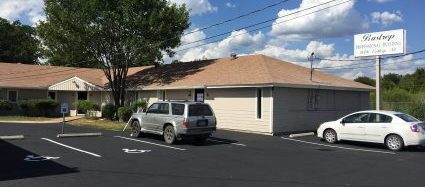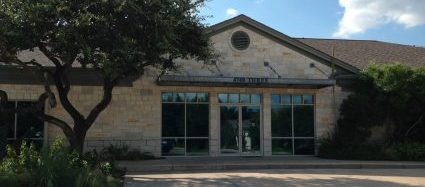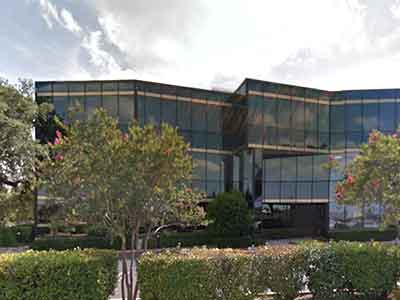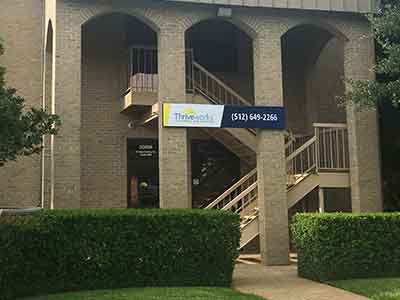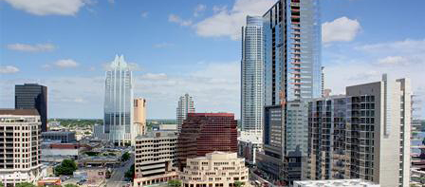Counseling for LGBT Clients — A “Gay-Friendly” Therapist’s Perspective
Working with a supportive therapist to identify the negative patterns of thoughts, feelings and behaviors is paramount in helping the LGBT population to achieve a greater understanding of themselves, their relationships and the world.”
The lesbian, gay, bisexual, and transgendered (LGBT) community has faced social stigma for years. Although the field of counseling and psychology determined several decades ago that homosexuality is not a mental illness, society as a whole has still not adopted this attitude.
When someone’s outward expression of his/her identity differs from society’s expectations of their behavior due to a variance in gender, gender identity and/or sexual orientation, this person may be ridiculed, harassed or teased by others.
Therefore, many choose to remain “closeted” (not expressing or revealing themselves as LGBT) for fear of offensive treatment (anti-gay jokes/teasing, bullying, violence, etc).
Such harsh treatment may continue through adolescence and even persist into adulthood, resulting in mental health problems and emotional distress for those who are questioning their identity or who may already identify as LGBT. Heterosexual bias and homophobic prejudice can affect LGBT individuals as children, adolescents, and adults. This is why it is important for the LGBT community to have a strong support system (consisting of family, friends, and healthcare providers) for improved psychological health and emotional stability.
An LGBT client may seek therapy for various issues related to his/her sexual orientation, which may include, but is not limited to:
- Conflicting feelings or uncertainty about their sexual orientation
- Relationship discord with others, including family members (especially parents), friends or peers
- Prejudice or discrimination, which may be present in both school and/or the workplace
- Psychological stress due to remaining “closeted”
In extreme cases, these individuals may be the targets of hate crimes, including emotional torment and physical violence that results in trauma. Each of these situations may take a tremendous toll on a person’s self-esteem, which may lead to increased depression, anxiety, or even suicidal behaviors because he or she may feel alone and unsupported.
Therapy for LGBT
Sometimes it may be necessary for the person to seek the help of a trained professional to help resolve their feelings.
Whatever the client’s reason is for seeking therapeutic support, it is also just as important for the therapist to be knowledgeable, yet sensitive and show respect, to these aforementioned issues.
Clinicians who are knowledgeable of these stressors and the oppressive attitudes of a heterosexist society will be more effective in treating the LGBT population. In addition to following the ethical guidelines for mental health providers, it is just as important for clinicians to take an affirmative approach to therapy, free of heterosexist bias and homophobic prejudice, when counseling this population. Clinicians shall accept a client’s diversity, empathize with the client and continue to educate themselves about this population as society continues to change.
Seeking such a therapist will help a client receive the emotional support needed to cope with such stressors. Services may be aimed at the individual client or may be part of relationship or family counseling. An effective therapist will provide the client (and the family, if necessary and when appropriate) with tools and resources to help improve the client’s mental health and emotional well-being.
The insight gained in therapy can be highly effective for clients who are looking to receive understanding and support from loved ones. Working with a supportive therapist to identify the negative patterns of thoughts, feelings and behaviors is paramount in helping the LGBT population to achieve a greater understanding of themselves, their relationships and the world.
Looking for someone to talk to? Click the button below to schedule an appointment with a LGBT therapist today!
We have 8 conveniently-located offices in the greater Austin TX area.
Select a location to view counselor bios, book online, or call us to schedule.

Cedar Park , TX 78613
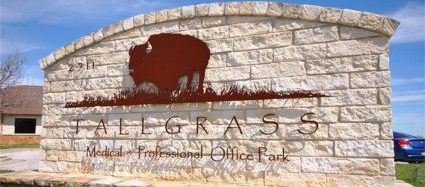
Pflugerville, TX 78660

